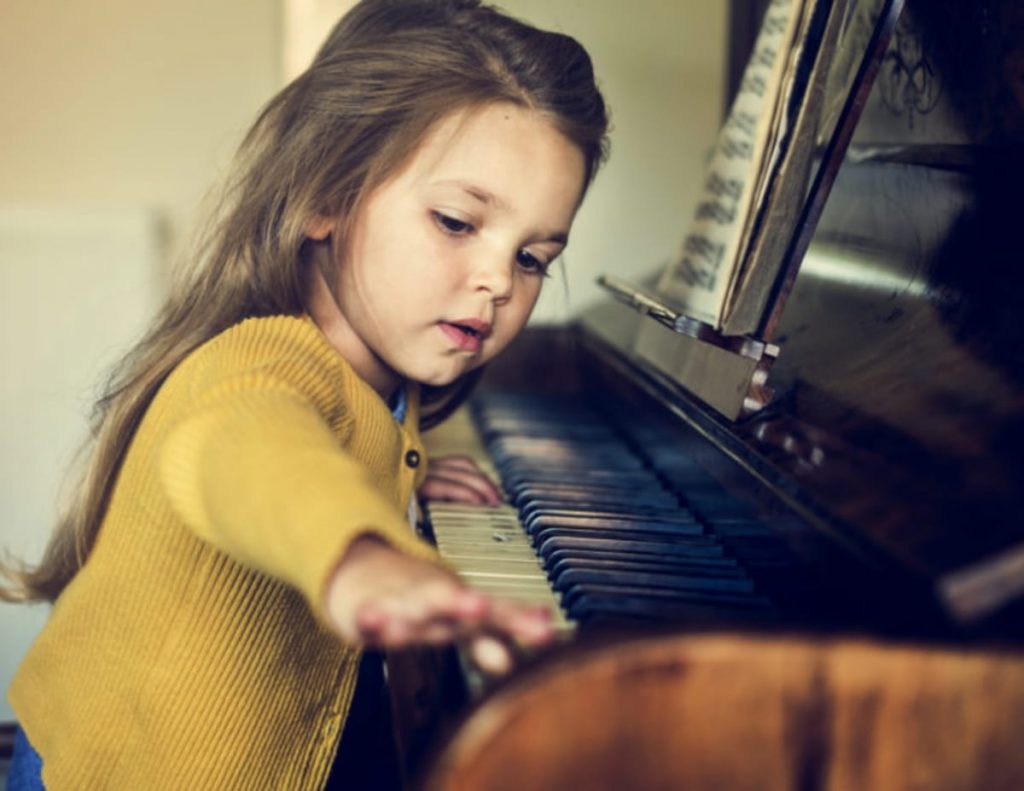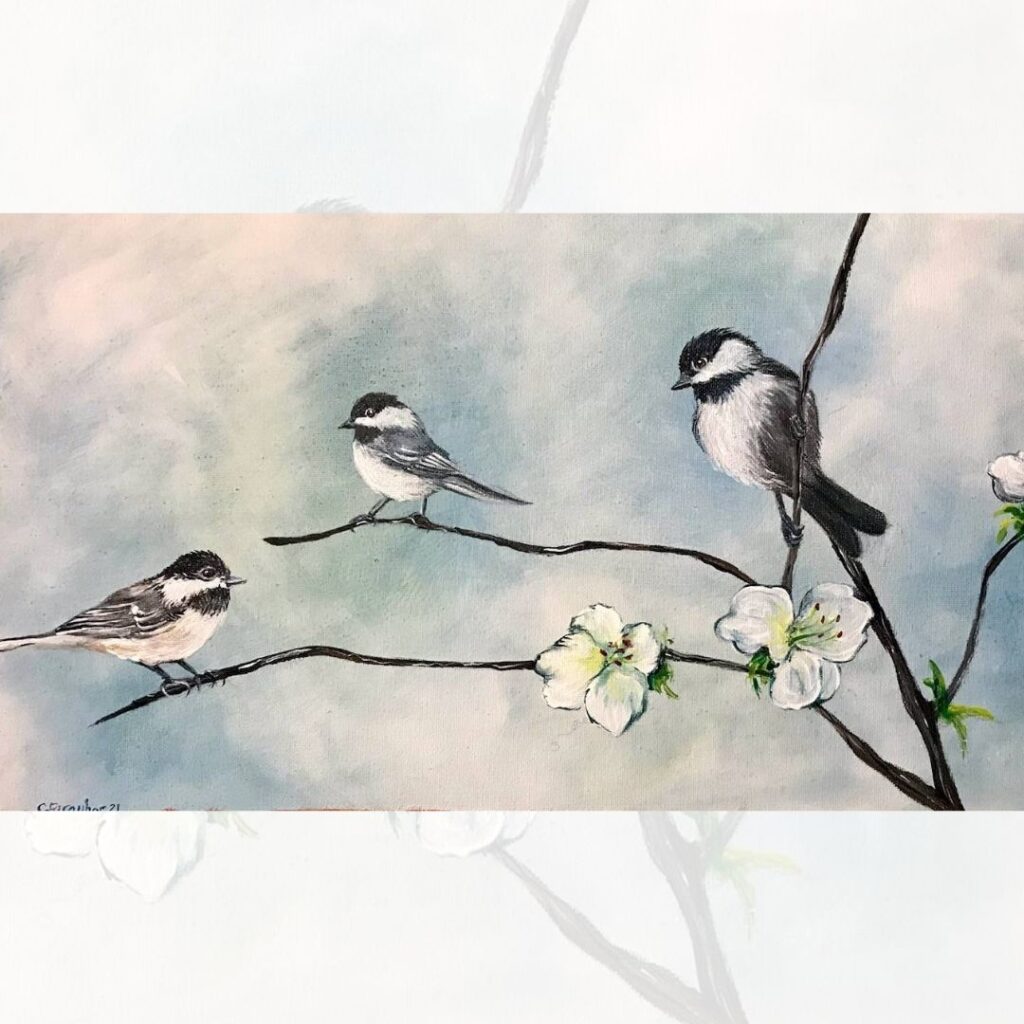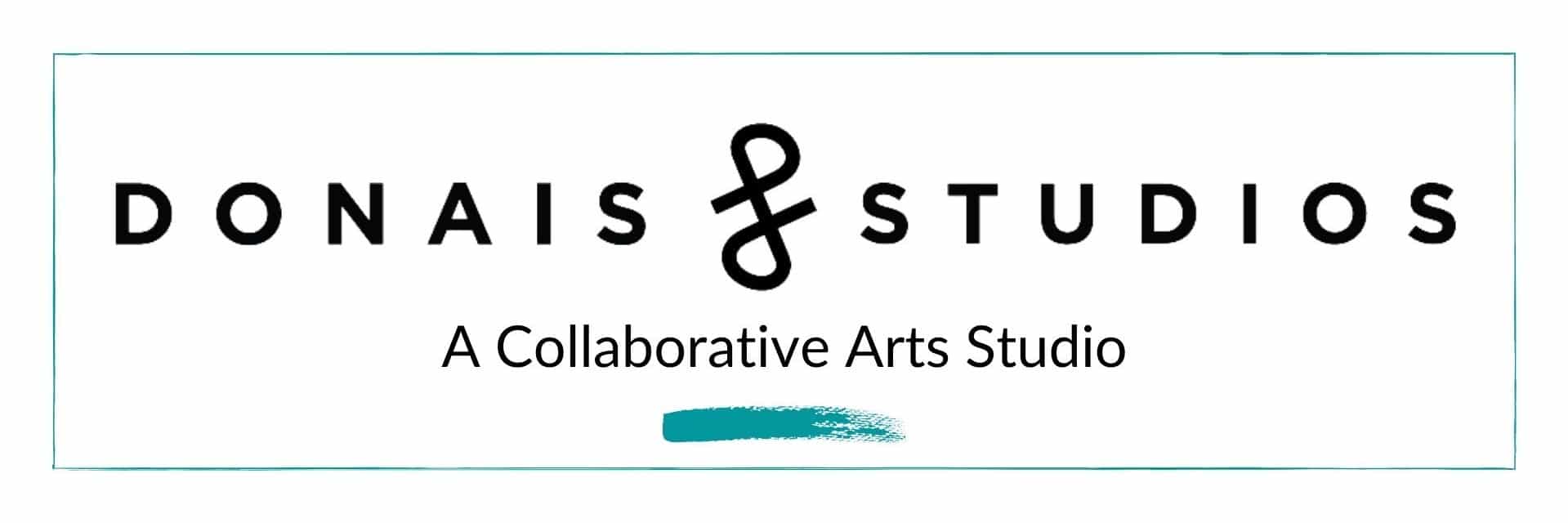Warm, comfortable and inviting.
Our physical studios are unique. They are large and spacious. They are warm, comfortable and inviting. Our studios feel like home.
Creating an optimal environment for learning is essential for success. Our studio spaces have been designed to provide inspiration for your artistic journey. When you walk through the doors of the historic Maloney House, we want you to feel comfortable and at home – an ideal environment for learning and growing as an artist.

VOICE STUDIO
There is something special about the singing voice. Singing is a natural and innate human capacity shaped by physiology, experience and training. Singing is a multidimensional practice involving the entire body. The ability to sing with confidence, ease and self-awareness leads to effective communication skills, creativity and artistic expression. Skills that can transfer into every aspect of life.
The study of the voice or singing develops deep listening skills, body awareness and mindfulness. Through the exploration of a wide range of repertoire, students develop a solid foundation in vocal technique and the acoustics of singing: posture, breath, phonation, resonance and articulation. Students are challenged to access their singing voice in a healthy and intentional manner, learning to self-trust and “let go”. Singers gain freedom from trying to “control” or “coordinate” their vocal tone, leading to confidence and true enjoyment in performance environments.
As students progress through a carefully designed curriculum, combining technique and artistry, they develop a healthy approach to singing and a calm ease in performance. Musicianship, technical and performance skills are further intensified through regular participation in masterclasses, festivals, recitals, community events and RCM examinations.

PIANO STUDIO
The piano is considered to be one of the most versatile of all instruments. The piano is used in almost all Western genres of music and has the ability to provide melody, harmony and rhythm simultaneously. Playing the piano is a multi-dimensional practice involving the entire body, requiring sharpened fine motor skills and a strong coordination of both mind and body. The ability to play the piano with confidence, ease and self-awareness leads to effective communication skills, creativity and artistic expression. Skills that can transfer into every aspect of life.
The study of piano develops deep listening skills, body awareness and mindfulness. Studying the piano has been linked to improved cognitive and intellectual abilities, including: memory, spatial-temporal ability, focus, perseverance, diligence and creativity. The requirement for intentional full body coordination – ears, eyes, hands, arms, legs, and mind – improves multitasking skills and split concentration. Through the exploration of a wide range of repertoire, students develop a solid foundation in piano technique/gesture, music reading, rote learning, improvisation, and music theory. Pianists are encouraged to find freedom in their musical expression, leading to confidence and true enjoyment in performance environments.
As students progress through a carefully designed curriculum, combining technique and artistry, they develop a confident and healthy approach to piano technique and a calm ease in performance. Musicianship, technical and performance skills are further intensified through regular participation in masterclasses, festivals, recitals, community events and RCM examinations.
Donais Studios exclusively uses the Piano Safari method/series for beginner students.

VISUAL ARTS STUDIO
Each season our Artist-in-Residence, Catherine Farquhar, creates 6-week art projects for diverse ag groups to explore a variety of art techniques and mediums. Small group art classes are a fund and engaging way for developing artists to become more comfortable and confident with their artistic skills. Artists will be inspired to be courageous, take risks and stretch their limits; achieving more than they every believed they were capable of. Through the exploration of a variety of practical techniques and mediums, young artists will awaken their desire to explore, learn and create. Artists are encouraged to relinquish stale and comfortable habits or beliefs, soar into new and unknown realms, and expand their view and creative boundaries. Maximum class size is 5 artists. All materials are included with your registration.
